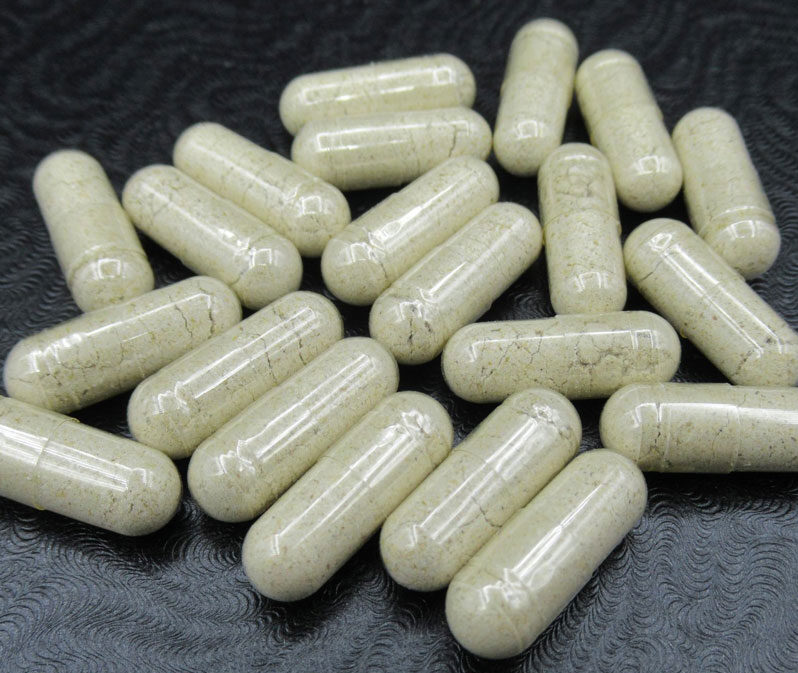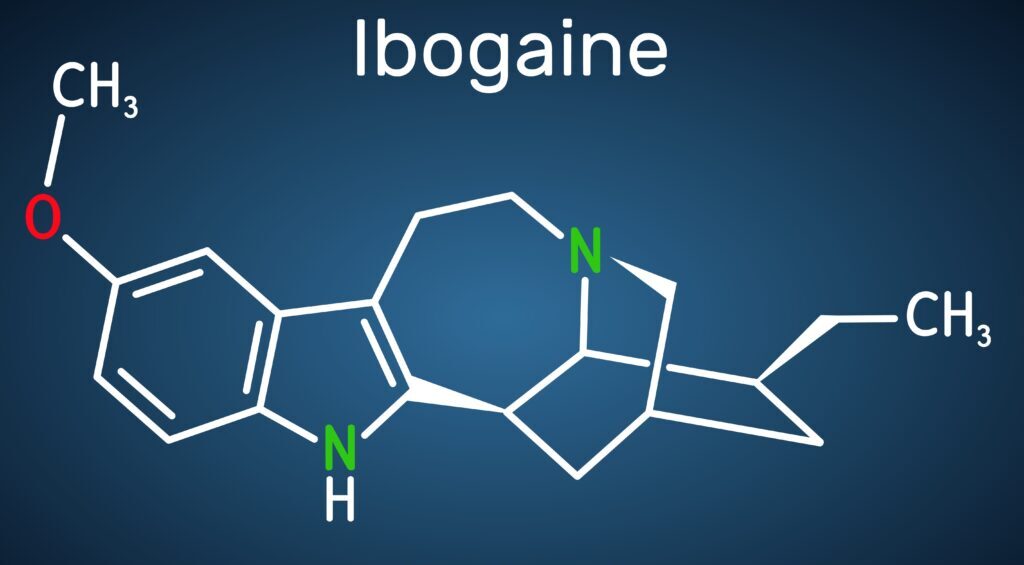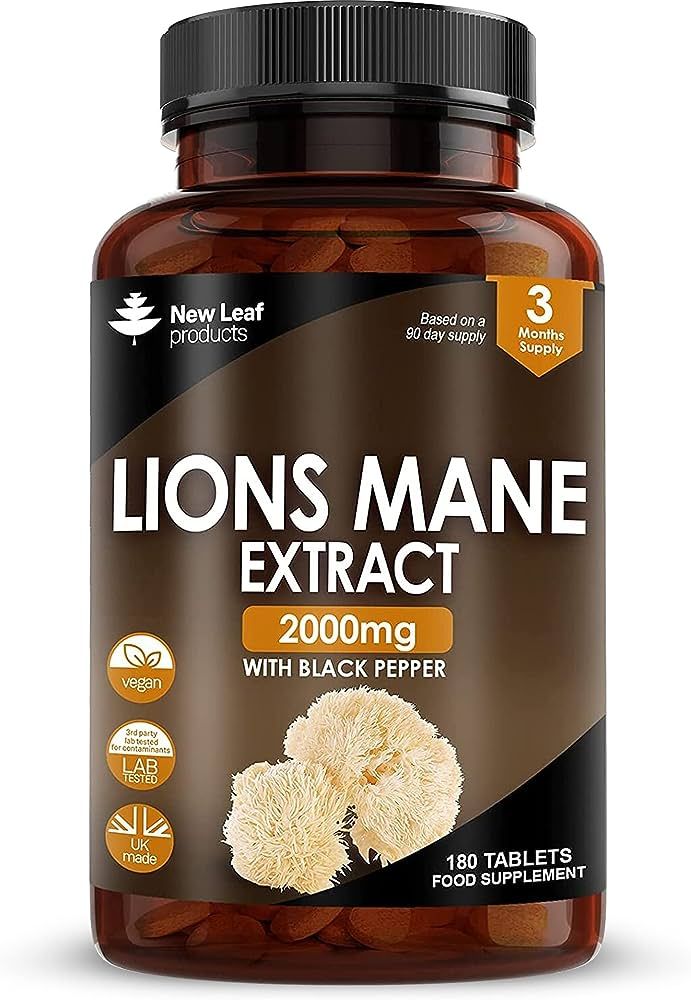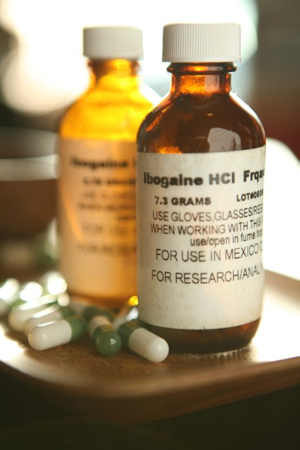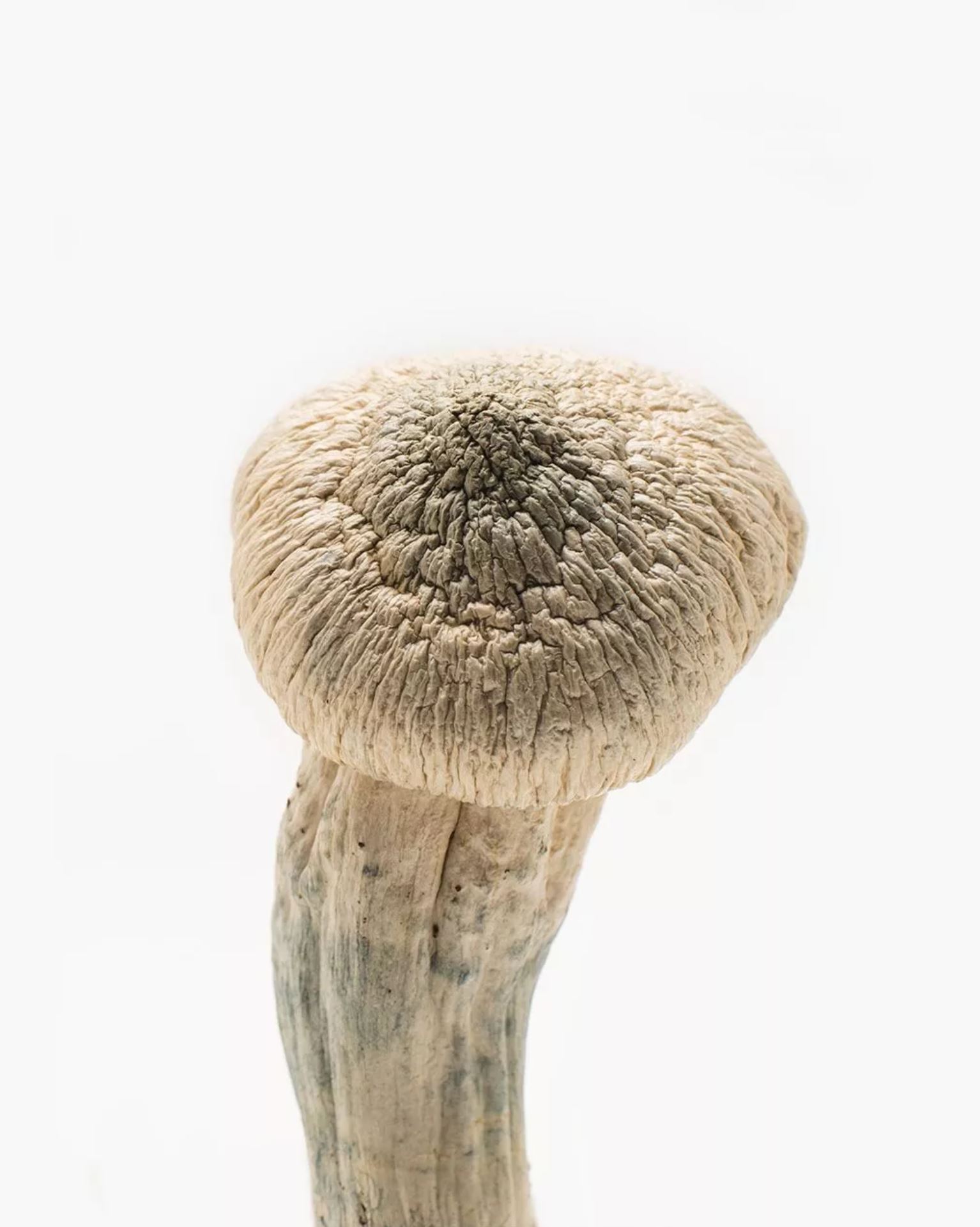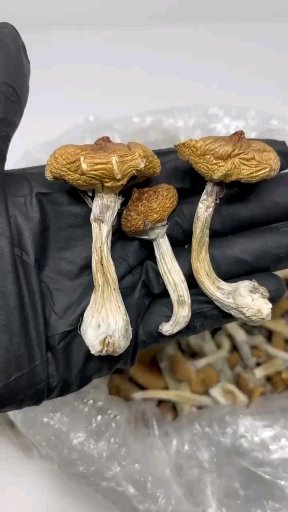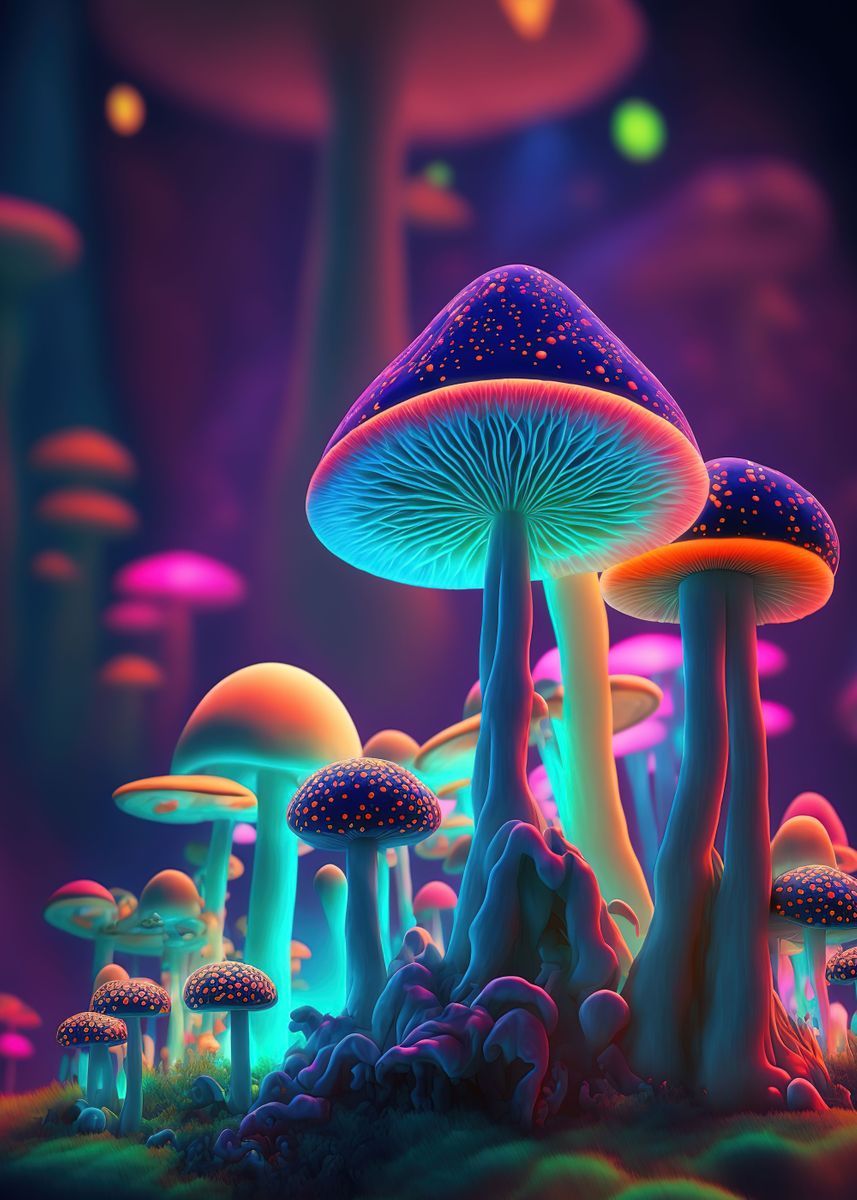Major Depressive Disorder (MDD) is a widespread mental health condition affecting millions worldwide. Characterized by persistent low mood, loss of interest in daily activities, fatigue, and cognitive difficulties, MDD can severely impair quality of life. Standard treatments such as antidepressants, cognitive-behavioral therapy, and psychotherapy are effective for many patients. However, a significant proportion of individuals […]
Bipolar disorder is a complex mental health condition characterized by extreme mood swings that include emotional highs (mania or hypomania) and lows (depression). These fluctuations can disrupt daily life, relationships, and work performance. Traditional treatments often involve mood stabilizers, antipsychotics, and psychotherapy. While these interventions are effective for many, a significant number of patients continue […]
Cyclothymic disorder, also known as cyclothymia, is a chronic mood disorder characterized by fluctuations between hypomanic and depressive states. While less severe than bipolar disorder, cyclothymic disorder can significantly impact daily functioning, relationships, and overall quality of life. Traditional treatment often includes psychotherapy, mood stabilizers, and antidepressants. However, some patients continue to experience emotional instability, […]
Generalized Anxiety Disorder (GAD) is a pervasive mental health condition marked by persistent and excessive worry about everyday life events. Unlike situational anxiety, GAD is chronic, affecting daily functioning, relationships, and overall quality of life. Individuals with GAD often experience tension, restlessness, difficulty concentrating, and physical symptoms such as headaches, muscle tension, and insomnia. Traditional […]
Ibogaine and Psilocybin Therapy Explored Panic disorder is a debilitating mental health condition characterized by sudden, intense episodes of fear accompanied by physical symptoms such as palpitations, shortness of breath, dizziness, and chest pain. Conventional treatments, including cognitive-behavioral therapy and medications like SSRIs and benzodiazepines, provide relief for many patients. However, a significant portion of […]
Phobias are intense, irrational fears of specific objects, situations, or activities that can significantly interfere with daily life. From social anxiety to specific phobias such as fear of heights, spiders, or flying, these conditions often create persistent avoidance behaviors and heightened stress responses. Traditional treatments like cognitive-behavioral therapy, exposure therapy, and medication can help, but […]
Obsessive-Compulsive Disorder (OCD) is a complex mental health condition characterized by persistent intrusive thoughts and repetitive behaviors that cause significant distress and interfere with daily life. Traditional treatments, including cognitive-behavioral therapy (CBT) and medications like selective serotonin reuptake inhibitors (SSRIs), are effective for many patients. However, a substantial number continue to experience residual symptoms or […]
Healing PTSD with Psychedelics Post-Traumatic Stress Disorder (PTSD) is a debilitating mental health condition that can develop after experiencing or witnessing traumatic events such as war, abuse, accidents, or natural disasters. Individuals with PTSD often suffer from intrusive memories, flashbacks, nightmares, hypervigilance, and severe anxiety. Conventional treatments include psychotherapy, such as cognitive-behavioral therapy and EMDR […]
Anorexia nervosa is a severe eating disorder marked by extreme restriction of food intake, an intense fear of gaining weight, and a distorted body image. The disorder carries high physical risks, including malnutrition, weakened immune function, organ damage, and even death if left untreated. Psychologically, individuals with anorexia often experience anxiety, depression, obsessive thoughts about […]
Bulimia nervosa is a serious eating disorder characterized by cycles of binge eating followed by purging, often through vomiting, excessive exercise, or laxative use. This disorder can have devastating physical consequences, including electrolyte imbalances, gastrointestinal damage, and cardiovascular issues, as well as significant psychological effects like anxiety, depression, and shame. Conventional treatments, such as cognitive-behavioral […]
